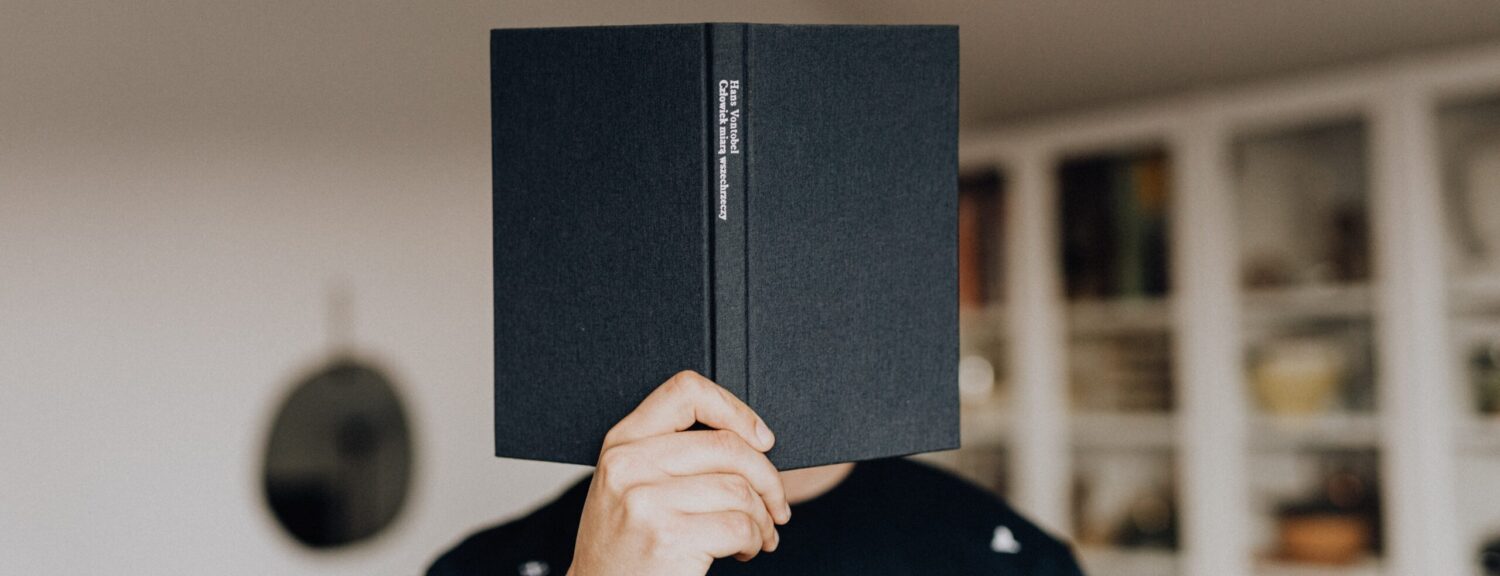He who shares his story of…
Make Unconscious-Bias…Conscious!
The Story
I share this story on behalf of my wife who has worked in the mining industry for many years. For as long as I have known her, she has worked in that industry. For as long as our ten year old son has known her, my wife has worked in the mining industry.
My wife and I often talk about her day at work. Around the dinner table my son and I will hear of the challenges and opportunities she had experienced through the day. We are open and descriptive in the way we have talked in front of our son.
My son came home with a school project. He had to spend time with members of his family understanding their career – what they do and why they decided to do it. My son was pretty clear on what I did. I was a builder. I built houses like Bob the Builder and had done so for many years. My son had often come to a worksite and spent time walking around with his hard hat on and using his toy tools that we bought him when he said he wanted to be a builder just like his dad and Bob.
My wife had a great idea for this project – my son could go to her work. I thought it was a perfect idea. She was a boss, had a team and worked in the mining industry. My son could get some good information to complete this project.
I was excited. My wife was excited. My son didn’t seem as excited. I couldn’t understand why he wouldn’t be. Dirt. Explosives. Earth movers. Crushing equipment. Why wasn’t my son excited?
It was after the day my son spent with my wife at work that we realised why he wasn’t as excited as we were. It wasn’t until my son went to work with my wife that he realised that my wife worked underground with the dirt, the explosives, the earth movers and the crushing equipment.
Wide-eyed awe and excitement, my son saw his mother as a whole new person he hadn’t met yet in their just over 10 years together.
We realised that evening that my son envisioned his mother as the “boss” of people in mining in an office environment. My son had an unconscious bias which he was mimicking from the dominant society’s discriminatory behaviour…and we hadn’t challenged those biases or behaviours. That evening we talked of many other professionals and successful people, including his uncle who was a nurse, his cousin Jane who was an amazing fire fighter and his dad, who would have been a good gymnast if it wasn’t for him hurting his knee in the State finals many years ago. My son laughed, but I think that was at the thought of me in a leotard!
The Message
We just have to accept that our attitudes and behaviour toward other people can be influenced as much by our instinctive feelings as by our rational thought processes.
We are hardwired to make unconscious decisions, because with all the choices we are confronted with each day would be overwhelming if we had to consciously evaluate every single one. Given that, we have a direct link between our unconscious thinking and our actions and behaviour.
As we are confronted with so much information day in and day out, we make it easier by instinctively categorising people and things using easily observed criteria such as age, weight, skin colour, and gender. What our brain also does to help us categorise the information before us, is to classify people according to educational level, disability, sexuality, social status, and job title, automatically assigning presumed traits to anyone we subconsciously put in those groups.
This saves us time and effort processing information about people, allowing us to spend more of our mental resources on other tasks. The clear disadvantage is that it can lead us to make assumptions about them and take action based on those biases. This results in a tendency to rely on stereotypes, even if we don’t consciously believe in them.
No matter how unbiased we think we are, we may have subconscious negative opinions about people who are outside our own group. These negative opinions often resinate with the people around us…especially children who are more vulnerable to accepting the opinion of the adult they look up to. It is often assumed that young children are unaware of racial differences and that they do not discriminate on the basis of gender, relative wealth, ethnicity and other characteristics. In fact, young children do notice differences. They quickly learn from their environment to attach values to those differences and to mimic the dominant society’s discriminatory behaviour unless those biases and behaviours are challenged.
The Call to Action
You need to be honest with yourself about the stereotypes that affect you. We must accept that we have unconscious biases to be able to tackle it.
At an organisational level, it is crucial to have concrete processes and procedures in place to curb unconscious bias.
At an individual level, you can monitor your behaviour by questioning your first impression and extreme reactions to people, and pay particular attention to bias related to the nine protected characteristics – age, disability, gender reassignment, marriage and civil partnership, pregnancy and maternity, race, religion or belief, sex, and sexual orientation.
Importantly, organisations and individuals should establish commitments to speak out if you notices bias in teams or the workplaces…and be prepared to apologise if you get it wrong. We can only deal with bias if we are honest and admit our own mistakes. Children need help in recognizing and challenging bias. That will only start if we do help them by speaking about it and not just allowing them to internalise it.
